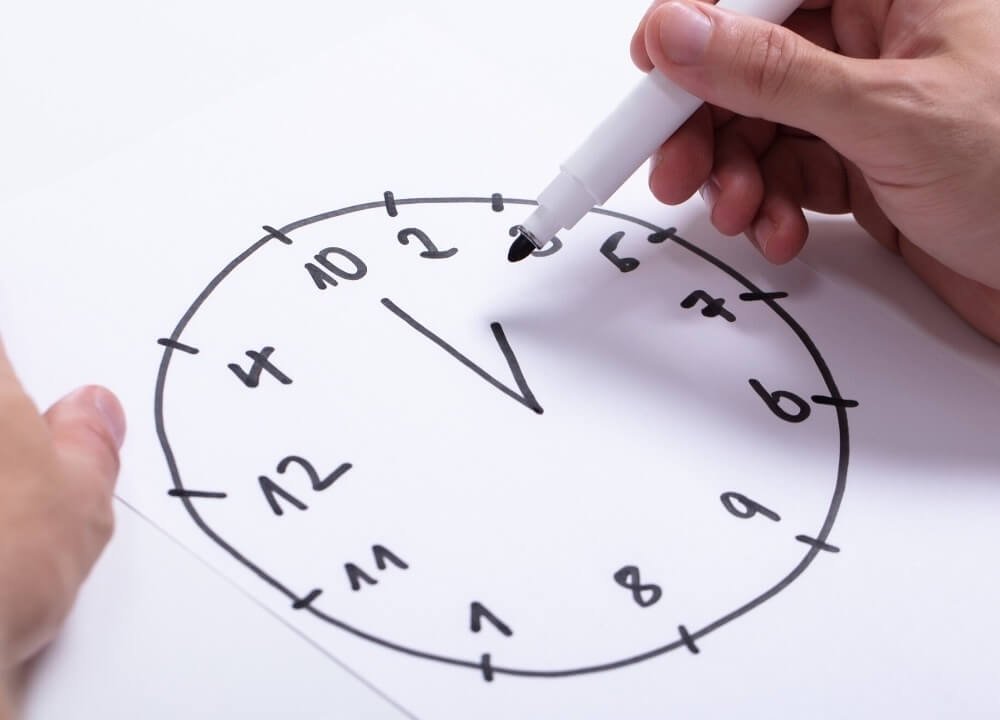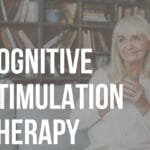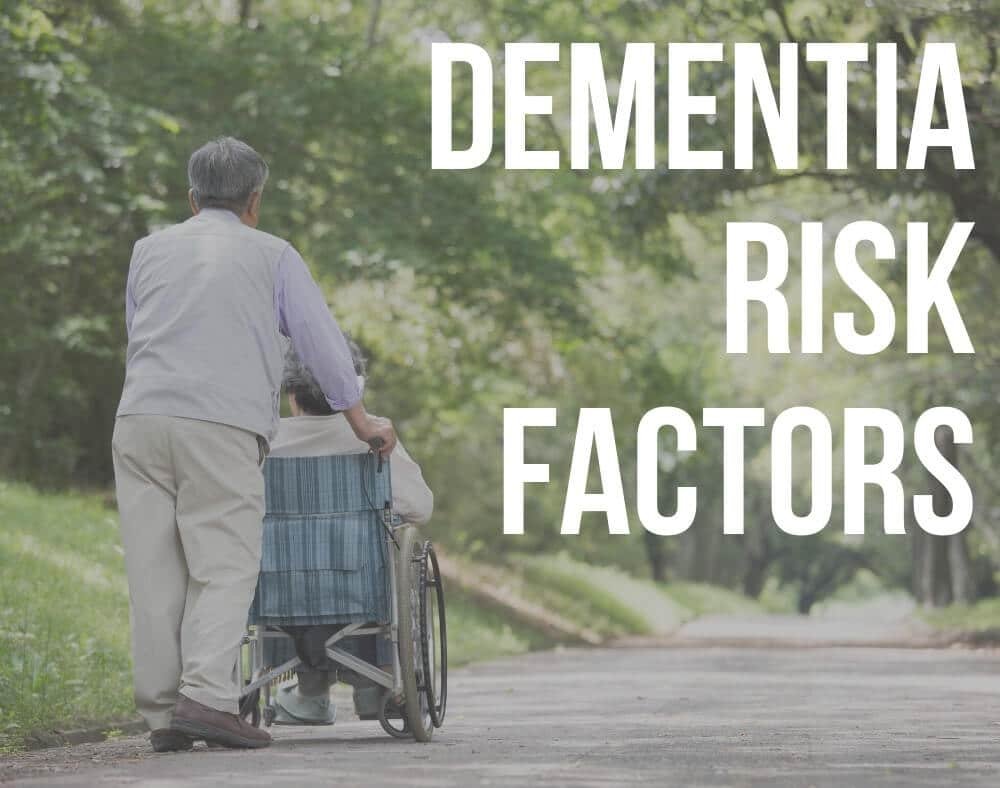There are a variety of ways doctors can test cognitive function in a person with dementia.
Often, a patient or a family member has picked up on clues that there is a problem with cognition.
However, are there ways to formally and objectively assess this?
The answer is, yes; there are a host of cognitive tests for dementia that range from simple bedside tests that take a few minutes to perform to in-depth neuropsychiatric testing that can take a few hours.
While imaging of the brain (MRI, CT, PET) can provide insights into brain structure and some types of brain imaging can even show metabolic and blood flow function, cognitive tests directly observe performance in certain domains and remain essential in the diagnosis of dementia.
In this article, we will describe what these tests are and how they affect the diagnosis and testing for dementia.
Contents
What Type of Doctor does Tests for Dementia?

These tests can be done by a primary care doctor or internist; often times they are also done by neurologists and psychologists.
Sometimes they are done to diagnose dementia; they can also be used to track dementia over time.
Types of Tests for Dementia

The first type of tests are called mental status scales.
These are short (<15 minutes) bedside tests administered by the doctor that assess memory and other cognitive domains.
They provide a score, which is used to distinguish people with normal vs. impaired cognition and even screen for mild cognitive impairment (MCI).
Examples of the most widely used include the Montreal Cognitive Assessment (MoCA) and the Mini-Mental State Examination (MMSE).
These are screening tests, meaning they are not diagnostic of any particular dementia or diagnosis, but when abnormal definitely can hint that cognition is impaired.
Moreover, these tests can be repeated over time to track the progression of the disease as well.
These tests assess memory, language, executive function, visuospatial skills, and attention/concentration.
MMSE test
The MMSE is scored on a 30 point scale. Specific items include orientation (10 points), memory (6 points), attention/concentration (5 points), language (8 points), and visuospatial function (1 point). A score of <23 is abnormal and indicates cognitive impairment.
Note: you can find only MMSE test here.
MOCA test
The MOCA is also scored on a 30 point scale.
It assesses delayed word recall/memory (5 points), visuospatial function (7 points, includes clock-drawing), language (6 points), attention/concentration (6 points), and orientation (6 points). A score of <25 is abnormal and indicates significant cognitive impairment.
Note: you can also access MOCA test online.
SLUMS test
Another similar test is the Saint Louis University Mental Status Examination (SLUMS) which is scored similarly.
All three of these tests are widely available and free to use.
Alternative shorter tests

There are several shorter tests (<5 minutes) that are frequently used in busy primary care settings as a screener for cognitive impairment.
A famous one is the clock drawing test (CDT) where the patient is asked to draw a clock and set the hands to a specific time.
This quickly and efficiently tests visuospatial abilities, executive function, motor execution, attention, language comprehension and numerical knowledge.
The CDT is interpreted as normal or abnormal.
Another popular test is the Mini-Cog, which includes remembering three unrelated words told to the patient in addition to the clock drawing test.
There are more in-depth cognitive tests that take longer (>15 minutes) and these include the Consortium to Establish a Registry for Alzheimer’s Disease Neuropsychological Battery (CERAD-NP).
This takes about 30 minutes to administer, and can specifically identify cognitive deficits characteristic of mild Alzheimer’s dementia.
Another test, called the Addenbrooke’s Cognitive Examination (ACE), is also specifically designed for Alzheimer’s dementia and tracking progress.
Neuropsychological testing

Lastly, there is formal neuropsychological or neuropsychiatric testing which is very in-depth and is useful in patients who meet criteria for mild cognitive impairment (MCI) or patients who score normally on the basic screening tests above but still have subtle or persistent cognitive symptoms.
This is not useful in advanced dementia.
After all, the testing requires the patient to be able to participate in complex tasks and questioning.
Neuropsychological testing can take up to six hours to complete and is not always required as part of a dementia evaluation.
It can be useful when tracking mild cognitive impairment over time to see if a patient is worsening or improving, before actually reaching the cognitive impairment threshold for dementia.
For the most part, the short tests are easy to access and are available online both to the general public and to doctors.
Most primary doctors are familiar with the MMSE and MOCA and may even perform them in their daily practice.
The formal, longer tests such as formal neuropsychological testing require a referral from your doctor to a center that performs such tests.
After these examinations, the doctor performing the tests will be able to interpret the results and categorize them into either “normal” or “abnormal” results.
Within “abnormal” results the doctor can distinguish whether dementia is mild, moderate, or severe. With certain tests, the different subtypes of dementia can be discovered as well (Alzheimer’s vs other types).
Closing Thoughts
In conclusion, there are many facets towards a diagnosis of dementia; aside from history taking, physical examination, and brain imaging, there are a host of cognitive tests for dementia that are described above.
These range from short tests that only take a few minutes, to longer tests that can take up to several hours.
Each kind of test has a different purpose. It’s doctors (specifically neurologists) that may refer to different cognitive tests to evaluate for dementia.
::
References
Geldmacher DS, Whitehouse PJ. Evaluation of dementia. N Engl J Med 1996; 335:330.
Tsoi KK, Chan JY, Hirai HW, et al. Cognitive Tests to Detect Dementia: A Systematic Review and Meta-analysis. JAMA Intern Med 2015; 175:1450.
Jacobs DM, Sano M, Dooneief G, et al. Neuropsychological detection and characterization of preclinical Alzheimer’s disease. Neurology 1995; 45:957.







